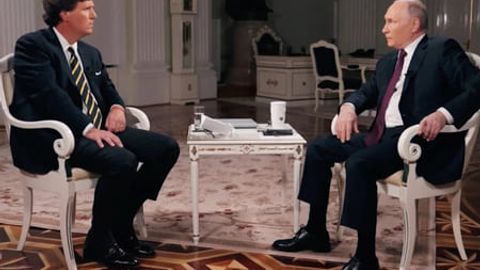Uzbekistan launches technical regulation reform with national conformity mark
15:00 / 20.02.2026
Kazakhstan among first five states to deploy troops to Gaza under ISF
14:00 / 20.02.2026
Uzbekistan to upgrade 4,000 km of highways to international-standard autobahns
13:00 / 20.02.2026
U.S. company Aviagen to create $40mn poultry cluster in Uzbekistan
12:00 / 20.02.2026
Uzbekistan assembles first scientific satellite in Japan for 2028 launch
11:00 / 20.02.2026
Recommendations
Menu
Good news:
Tags
Grow your business with us
Advertise on Daryo.uzIndividual approach and exclusive materials
Ad-free site readingSubscribe
25 000 sum per month






Comments
To leave a comment, first